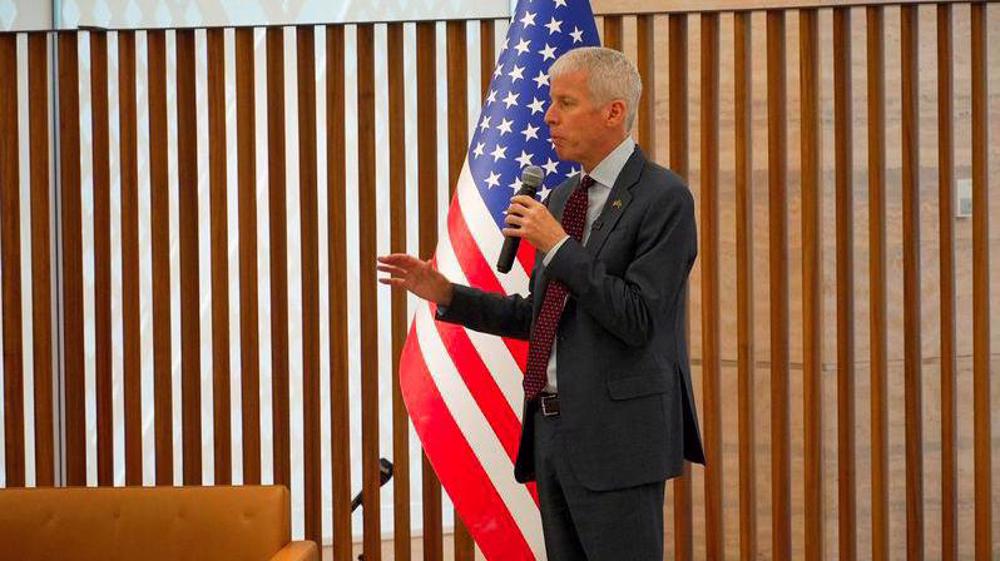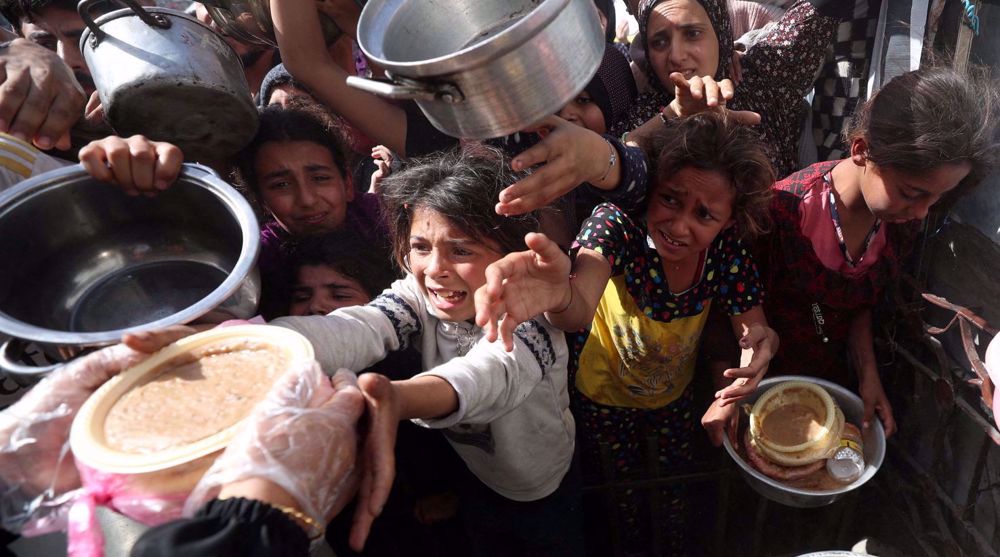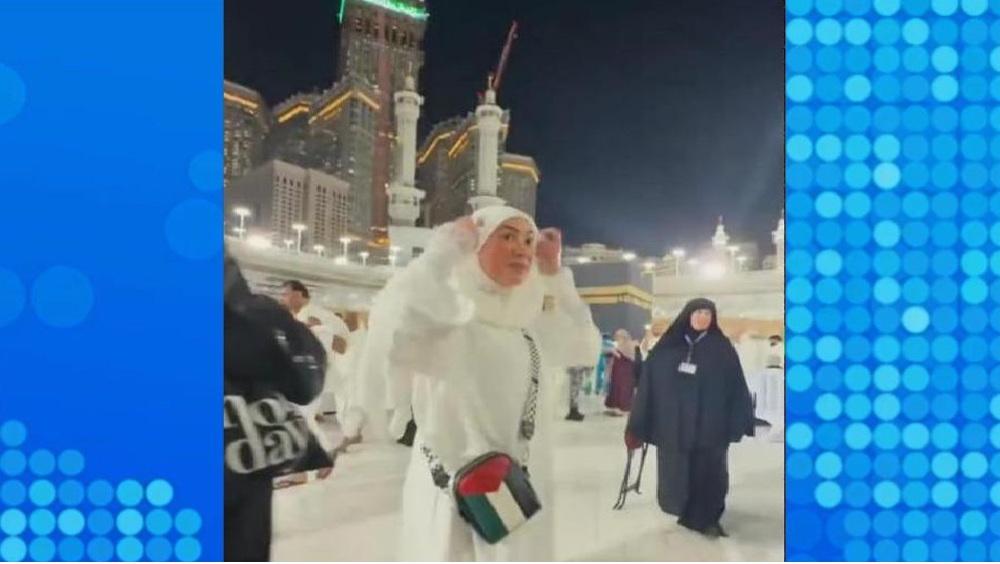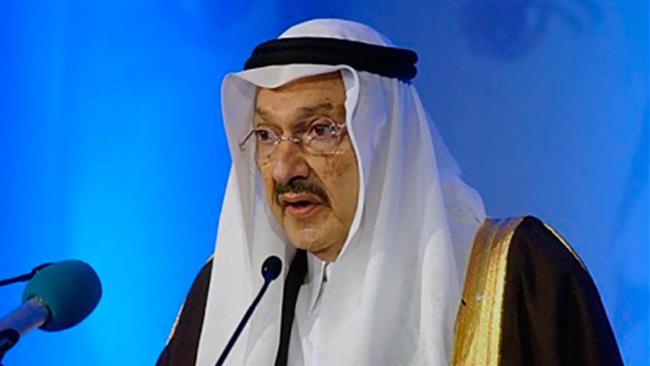Saudi Prince Talal on hunger strike over detention of sons: Report
Saudi Prince Talal bin Abdulaziz Al Saud has reportedly gone on hunger strike in protest at the detention of three of his sons as part of the kingdom’s purported anti-graft campaign, which is considered the biggest purge of the elite in the country’s modern history.
The 86-year-old prince, the father of detained billionaire al-Waleed bin Talal, has refused to eat since November 10, shortly after his son was arrested on November 4, and has lost 10 kilos in one month, the Middle East Eye news portal reported on Monday.
According to several people who have visited the prince, his condition at the King Faisal Hospital in the capital Riyadh remains weak.
Speaking on condition of anonymity, one of the visitors to Talal said the prince had made no public statement about his refusal to eat.
The unnamed source also said that the prince, who is the half-brother of Saudi King Salman bin Abdulaziz, had not raised the issue of the arrest of his sons with the king during their November meeting.
He further said that while some branches of the royal family were known to be corrupt, they were left untouched, while arrests were mostly directed at the bin Abdullahs and the bin Talals.
A month before his hunger strike, Prince Talal reportedly told friends it was right to protest “civilly” to draw attention to the tyranny which his young nephew Crown Prince Mohammed bin Salman was establishing under the cover of an anti-corruption purge.
Three of Talal’s sons, including al-Waleed, have been in prison since the first day of the purge carried out on the orders of Saudi Arabia’s so-called Anti-Corruption Committee headed by bin Salman.

Al-Waleed, the chairman of Kingdom Holding Company, is one of the world’s richest men with assets valued by Bloomberg at $19 billion. His Riyadh-based investment holding company, owns stakes in hotels like The Four Seasons, Fairmont and Raffles, as well as companies such as News Corp., Disney, 21st Century Fox, Citigroup, GM, Twitter, and Apple.
According to informed sources, bin Salman is demanding that al-Waleed sign over ownership of the entire Kingdom Holding Company. He is refusing to do this.
Salah al-Hejailan, a lawyer who maintains contact with al-Waleed’s family, meanwhile, said last month that “there are no formal accusations” against the prince, and that the prosecutor would only open a judicial case against him if no understanding is reached.
Dozens of the detained princes, ministers, and former ministers are facing corruption allegations but are widely believed to have been victims of a political purge.
The crackdown in Saudi Arabia is widely believed to be aimed at consolidating the crown prince’s grip on power; but it is also speculated that the kingdom is seeking to rejuvenate its economy — hit hard by the fall in oil prices and a costly and protracted war on Yemen — by extorting money from the detainees.
Many of the detainees have been released so far after forking out exorbitant amounts reaching as high as one billion dollars.
Bin Salman who has attempted to portray the whole process as an “anti-corruption fight,” has meanwhile been splurging money abroad himself.
Last month, it was reported that bin Salman had used a “proxy” to buy Leonardo da Vinci’s painting the Salvator Mundi, at a record price of $450 million at an auction, and a yacht for $500 million.
Also in December, an investigation by The New York Times named Salman as the owner of the Chateau Louis XIV, a mansion outside Paris, which had been sold to him for more than 300 million dollars back in 2015.

Saudi Arabia, US to sign agreement on civil nuclear program: Energy secretary

Saudi Arabia calls for 'maximum pressure' on Israel as UN warns of ‘longest Gaza blockade’

Saudi police ‘detain’ female pilgrim for displaying Palestinian flag in Mecca
Gaza death toll from Israel’s savagery passes 51,000 mark: Health ministry
Who is Mahdieh Esfandiari, Iranian academic jailed in France for pro-Palestine advocacy
Hamas urges ‘week-long global’ rallies to push end to Israel’s Gaza genocide
Tehran to host intl. conference on humanity, freedom centered on Leader's thoughts
‘The West as we knew it no longer exists’: European Commission’s chief
The case of Ahmad Manasra: How Israeli military courts target Palestinian children
Iran’s enrichment ‘non-negotiable’, talks fruitless under pressure: FM
Pentagon officials placed on leave over 'unauthorized' Yemen leaks








 This makes it easy to access the Press TV website
This makes it easy to access the Press TV website